In any case, this is an assumption, and I will now try to explain how much it relates to reality. So, let's figure it out.
Vitamin D, C, and Zinc for the Common Cold
First: if you are in relatively close contact with a sick person for a long time, there is a chance of infection, regardless of whether you have been taking vitamins D3 and C together with zinc or not.
Second: if the amount of harmful particles in your body is large enough, you can get sick. That is, our "magical combination" does not provide a hundred percent guarantee that you will not get sick and that you will not show symptoms of COVID-19.
So why is it needed then? To answer this question, let's go through each of its components. Yes, please bear with me as I will strive to provide the full details of the studies and scientific articles I refer to, as there are those who doubt.
Vitamin D3 for Respiratory Diseases
The overwhelming majority of "immunomodulators" that never disappear from pharmacy shelves serve one purpose – to extract money from the pockets of trusting buyers. There is only one substance that truly optimizes the function of the immune system – vitamin D3.
Of course, even a strong immune system does not guarantee that you will not get sick, but it significantly reduces the risk of infection and the severity of the disease.
- Meltzer D.O., et al. Association of vitamin D status and other clinical characteristics with COVID-19 test results
- According to the results of this study, people with a deficiency of vitamin D3 are more likely to contract SARS-CoV-2. Another study showed that out of 50 people who were hospitalized and additionally took vitamin D3, only one person's illness progressed to a severe phase.
- Hans K. Biesalski. Vitamin D deficiency and co-morbidities in COVID-19 patients – A fatal relationship?
- There is considerable evidence that a number of diseases (hypertension, diabetes, cardiovascular diseases, metabolic syndrome) are associated with low levels of vitamin D in the body. These comorbidities, along with vitamin D deficiency, increase the risk of severe COVID-19.
What does all this mean? That taking vitamin D3 is critically important for those who want to reduce the risk of infection – including SARS-CoV-2 – and prevent the disease from progressing to a severe phase.
Dosages of Vitamin D3
An interesting question – how much vitamin D3 do we need? Interesting because there is no definitive answer: from 1000 IU to 10 and even 15 thousand IU per day – it all depends on how severe your vitamin deficiency is and how it will be absorbed by your body.
For better absorption, vitamin D3 is recommended to be taken either with fatty food or bought in a fat-soluble form in the pharmacy. Yes, if you come across the claim that an excess of vitamin D3 is harmful, know that the daily dose at which this vitamin can indeed cause harm to the body starts at 40,000 IU.
Forty thousand! Honestly, I can't imagine anyone thinking of taking vitamin D3 in such an amount.
Zinc for Cold and Flu
Let's move on to "number two" – zinc. According to several studies (for example, this one: Patrice Faure, Anne Roussel, Charles Coudray, Marie Jeanne Richard, Serge Halimi & Alain Favier. Zinc and insulin sensitivity), zinc deficiency leads to reduced insulin sensitivity in body tissues.
Several other researchers argue that this deficiency disrupts testosterone secretion. But that's not what interests us right now.
- N. Bhandari, R. Bahl, S. Taneja et al., Effect of routine zinc supplementation on pneumonia in children aged 6 months to 3 years: randomized controlled trial in an urban slum
- Most researchers, like this one, agree that zinc supplements help reduce the risk of pneumonia and complications from colds – especially in the elderly and children.
- Mariangela Rondanelli et al. Self-Care for Common Colds: The Pivotal Role of Vitamin D, Vitamin C, Zinc, and Echinacea in Three Main Immune Interactive Clusters (Physical Barriers, Innate and Adaptive Immunity)
- One of the conclusions of this study with a complex and lengthy title is that zinc taken as a supplement reduces the duration of the common cold by about a third. And the recommendation from the same study: all patients who "catch" a cold should start taking zinc within the first 24 hours of symptom onset.
That is, zinc is not so much a preventive supplement as something that helps you recover faster and prevent complications.
Dosages of Zinc
Oh yes – I didn't mention the necessary amount. It ranges from 10 mg per day (if zinc is taken along with vitamin C, which we will discuss below) to 25 mg.
But an overdose in this case won't cause much trouble, unless you suddenly decide to increase your daily dose of zinc to 200 mg.
Vitamin C for Flu and Cold
And finally, vitamin C. This vitamin is one of the best antioxidants. This is a well-known fact, but few know that it can also be a pro-oxidant – it all depends on what the body needs at the moment.
One more thing before we move on to our viruses: vitamin C in a dose of 1 gram per day has a calming effect – I personally take it constantly for this purpose. Well, now about colds and COVID-19.
Vitamin C deficiency is observed in all those who are in a state of physiological stress and who have consistently elevated levels of cortisol in their blood – such a condition is highly likely during infectious processes.
- S. Maggini, S. Beveridge, and M. Suter, A combination of high-dose vitamin C plus zinc for the common cold
- It is also known that vitamin C deficiency reduces resistance to infection, so taking it when infected is essential. It is also worth noting that vitamin C helps zinc reduce the risk of complications from colds and respiratory diseases.
That is, the combination of zinc and vitamin C is the most effective. Vitamin C will be especially beneficial for those who lead an active lifestyle.
- H. Hemilä, Vitamin C and common cold incidence: A review of studies with subjects under heavy physical stress
- Heavily training athletes have a persistent deficiency of this vitamin, and they are more susceptible to common colds and infections.
Dosages of Vitamin C
And about the daily dose of vitamin C. Honestly, it's best to get it via injections – then you will need only 50 mg of this vitamin per day. But injections are a hassle, so you can safely take capsules or tablets.
In this case, considering the losses of vitamin C in the gastrointestinal tract, the daily dose should be 1-2 grams.
Conclusion
Take supplements. It definitely won't hurt! The main argument of opponents of taking vitamins and minerals as supplements is why, if we already have enough of everything. And if not, then the missing nutrients can be obtained from food.
It's that simple. In reality, vitamin D3, C, and zinc deficiencies are widespread. Unless you strictly adhere to a Mediterranean diet rich in greens and seafood all year round, live in southern latitudes, and spend a lot of time outdoors.
Don't adhere, don't live, and don't spend? Then make up for the deficiency with supplements – there is no other way. Slowly, we have reached the end of our narrative.
Vitamin C, D, and zinc supplements are part of the recommendations for patients in many US states. There are studies on other respiratory infections that show these vitamins and minerals speed up recovery.
Yes, yes: taken as supplements. Do not neglect dietary supplements – many of them are beneficial. Individual vitamins and minerals, as well as vitamin-mineral complexes, are among them.
And once again about the heroes of this article: even if vitamins C and D3 together with zinc cannot prevent the disease – whether it is COVID-19 or a common cold, they will certainly make the course of the illness milder and recovery faster.

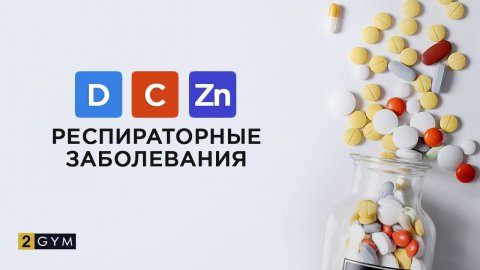











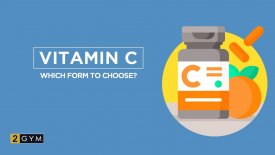
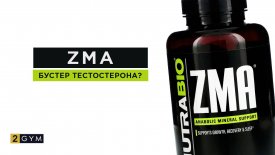

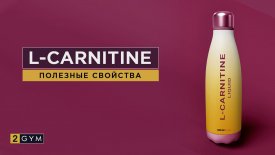
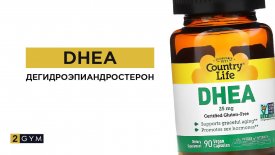
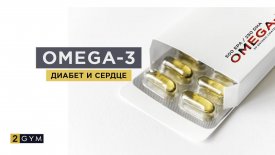
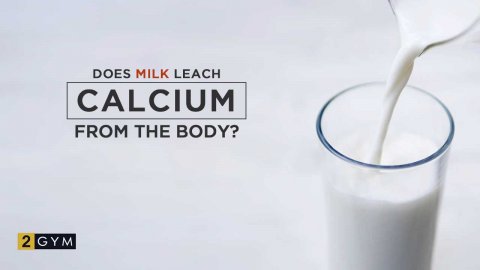

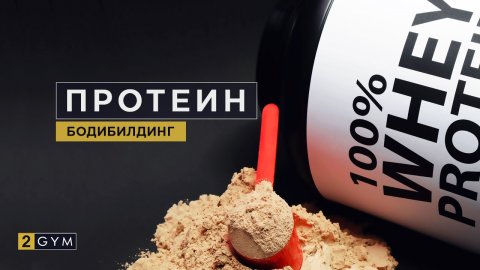

Log in with ( Sign Up ? )
or post as a guest
Be the first to comment.